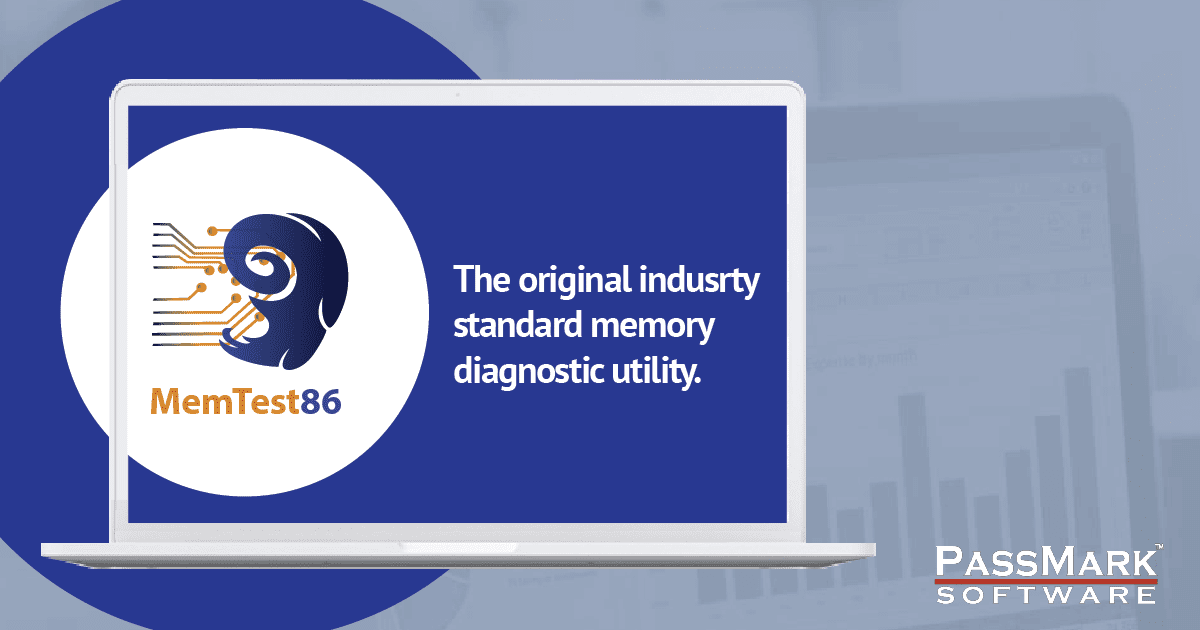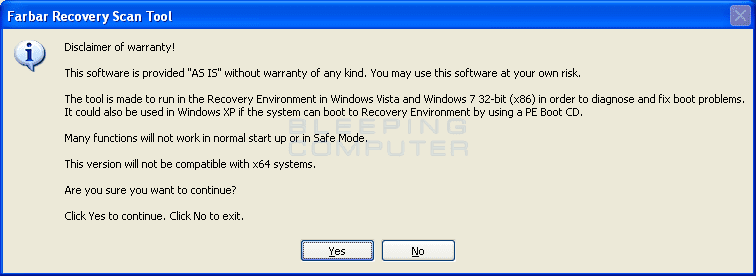X:\Windows\System32>
====================================================================
07/09/2024 07:58 PM 184,320 luafv.sys
10/26/2012 05:42 AM 266,828 LVAFT.cfg
10/26/2012 05:42 AM 351,520 lvrs64.sys
10/26/2012 05:42 AM 4,758,176 lvuvc64.sys
05/06/2022 09:19 PM 566,632 mausbhost.sys
05/06/2022 09:19 PM 99,664 mausbip.sys
10/09/2024 09:52 AM 462,848 MbbCx.sys
05/06/2022 09:19 PM 61,440 mcd.sys
05/06/2022 09:19 PM 81,752 MegaSas2i.sys
05/06/2022 09:19 PM 101,224 megasas35i.sys
05/06/2022 09:19 PM 576,856 megasr.sys
05/29/2024 05:10 PM 98,304 Microsoft.Bluetooth.AvrcpTransport.sys
07/25/2024 05:54 PM 147,456 Microsoft.Bluetooth.Legacy.LEEnumerator.sys
05/06/2022 09:19 PM 1,132,392 mlx4_bus.sys
03/26/2024 01:43 PM 86,016 mmcss.sys
10/27/2023 06:47 AM 81,920 modem.sys
05/29/2024 05:10 PM 118,784 monitor.sys
05/06/2022 09:19 PM 95,592 mouclass.sys
05/06/2022 09:19 PM 69,632 mouhid.sys
10/27/2023 06:45 AM 136,688 mountmgr.sys
05/06/2022 09:19 PM 90,472 mpi3drvi.sys
10/27/2023 06:44 AM 110,592 mpsdrv.sys
01/01/2021 03:05 AM 105,248 mrcbt.sys
08/05/2020 07:11 AM 101,528 mrcbt.sys.{346A5770-1F11-4976-A552-635C0C0FECE3}.bak
01/01/2021 03:05 AM 79,840 mrigflt.sys
02/11/2020 06:01 AM 79,840 mrigflt.sys_
08/15/2019 08:18 AM 65,936 MRVDP.sys
05/06/2022 09:20 PM 196,608 mrxdav.sys
09/27/2024 01:27 AM 673,288 mrxsmb.sys
09/27/2024 01:27 AM 333,296 mrxsmb20.sys
10/27/2023 06:45 AM 79,216 msfs.sys
08/27/2024 12:45 PM 222,688 msgpioclx.sys
10/27/2023 06:45 AM 95,728 msgpiowin32.sys
05/06/2022 09:19 PM 49,152 mshidkmdf.sys
05/06/2022 09:19 PM 49,152 mshidumdf.sys
05/06/2022 09:19 PM 61,440 mshwnclx.sys
05/06/2022 09:19 PM 54,608 msisadrv.sys
10/27/2023 06:44 AM 333,288 msiscsi.sys
10/09/2024 09:52 AM 73,728 mskssrv.sys
10/27/2023 06:45 AM 102,400 mslldp.sys
05/06/2022 09:19 PM 49,152 mspclock.sys
05/06/2022 09:19 PM 49,152 mspqm.sys
03/26/2024 01:43 PM 441,824 msquic.sys
09/27/2024 01:27 AM 411,120 msrpc.sys
05/06/2022 09:19 PM 79,216 mssmbios.sys
05/06/2022 09:19 PM 53,248 mstee.sys
05/06/2022 09:19 PM 53,248 MTConfig.sys
10/27/2023 06:45 AM 169,328 mup.sys
05/06/2022 09:19 PM 64,872 mvumis.sys
05/06/2022 09:19 PM 147,304 ndfltr.sys
09/10/2024 04:21 PM 1,635,832 ndis.sys
05/06/2022 09:20 PM 86,016 ndiscap.sys
05/29/2024 05:11 PM 167,936 NdisImPlatform.sys
10/27/2023 06:45 AM 65,536 ndistapi.sys
05/06/2022 09:19 PM 102,400 ndisuio.sys
05/06/2022 09:19 PM 57,344 NdisVirtualBus.sys
10/27/2023 06:45 AM 237,568 ndiswan.sys
05/06/2022 09:20 PM 83,288 NDKPerf.sys
05/06/2022 09:20 PM 107,872 NDKPing.sys
10/27/2023 06:45 AM 122,880 ndproxy.sys
10/27/2023 06:46 AM 188,416 Ndu.sys
07/25/2024 05:54 PM 398,832 NetAdapterCx.sys
10/27/2023 06:45 AM 95,728 netbios.sys
10/27/2023 06:45 AM 327,680 netbt.sys
07/25/2024 05:54 PM 660,856 netio.sys
07/25/2024 05:54 PM 329,088 netvsc.sys
10/27/2023 06:45 AM 120,176 npfs.sys
05/06/2022 09:19 PM 65,536 npsvctrig.sys
05/06/2022 09:19 PM 77,824 nsiproxy.sys
08/13/2024 09:22 AM 3,331,552 ntfs.sys





















